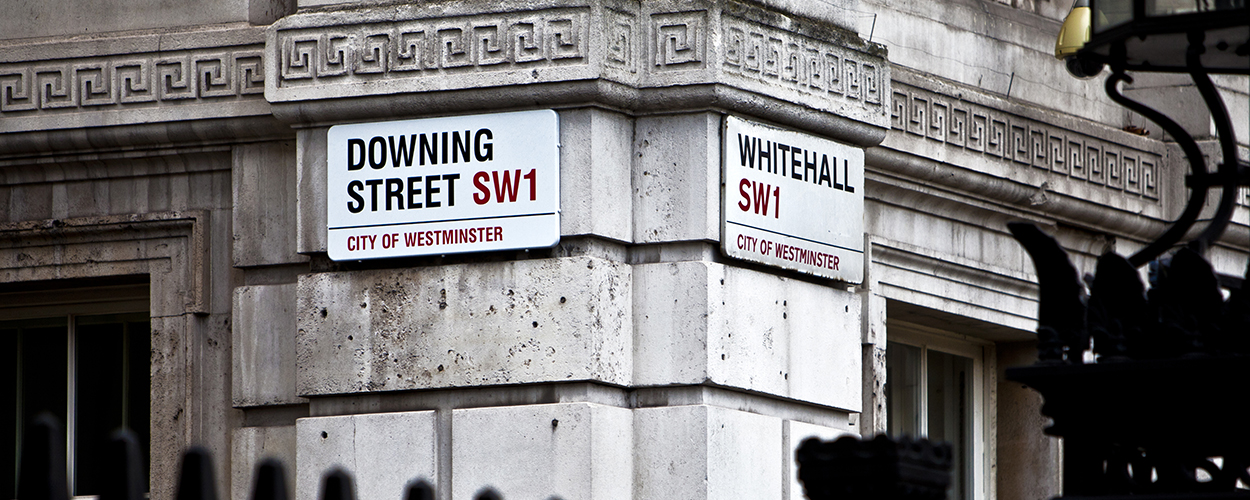This website uses cookies so that we can provide you with the best user experience possible. Cookie information is stored in your browser and performs functions such as recognising you when you return to our website and helping our team to understand which sections of the website you find most interesting and useful.
Business News Legal Live Business Top Stories
Music industry hits out after grassroots venues are denied small business rates cut
By Chris Cooke | Published on Thursday 10 January 2019

UK Music has joined the Music Venue Trust in criticising the government’s main money man – Chancellor Philip Hammond – over a decision to exclude music venues from a cut in business rates being offered to small businesses. The only way venues could qualify, the two trade groups argue, is if they “turn off the music”.
Hammond announced the scheme to reduce the business rates paid by small businesses on the high street last October. At the time UK Music welcomed the announcement but sought clarity, stating that “the government must ensure that music venues and studios, who have in recent years faced huge hikes in business rates, stand to benefit from this”.
UK Music had already been calling for action on the business rates paid by venues and studios, arguing that the most recent review of what rates any one business should pay – based on the so called ‘rateable value’ of their property – had disproportionately hit small music businesses.
One example often cited is how North London venue The Lexington saw its rateable value rise by 118% in that review, while Arsenal FC’s nearby 60,000-capacity Emirates Stadium enjoyed a 7% cut.
Late last year the Music Venue Trust asked the government to confirm whether or not music venues would indeed benefit from the promised cuts to rates paid by small businesses on the high street. A representative of HM Treasury duly wrote back with a big fat “no”.
In the letter, published by IQ, the Treasury rep writes: “The retail discount will be available to occupied properties with a rateable value of less than £51,000 that are wholly or mainly being used as shops, restaurants and drinking establishments … The government does not consider music venues to be eligible for the retail discount, unless they are considered by local authorities to be similar in nature to those properties listed in the guidance”.
In a joint letter responding to that clarification, UK Music and MVT argue that that final point ultimately passing the buck to local authorities doesn’t stand because of the government’s own guidance on the business rates discount. They write: “Any local discretion in the implementation of the business rates policy is made impossible by paragraph fifteen of the guidance which explicitly states that music venues are not similar in nature to pubs and bars and so are outside the scope of the scheme”.
The letter also re-summarises the impact the most recent business rates review has had on the grassroots music sector, noting the recent news that “the Buffalo Bar in Cardiff – at which Adele, among many others, launched her career – is closing with immediate effect because it cannot meet the demands of the huge increase in business rates. We fear that if the government continues to fail to address this issue many more closures may follow”.
To that end, the two trade groups urge the Chancellor to intervene and change the government’s position and guidance on how the small business rate cuts apply to music venues. They state: “We kindly ask that you change the guidance by stating that music venues are similar in nature to pubs and bars for the purposes of the scheme”.
The letter, signed by UK Music’s Michael Dugher and Music Venue Trust’s Mark Davyd, then concludes: “If HM Treasury do not revisit this policy, your message to grassroots music venues is that if they wish to obtain similar tax advantages to other similar licensed premises, or even relief from additional taxes, they should turn off the music or close down”.





